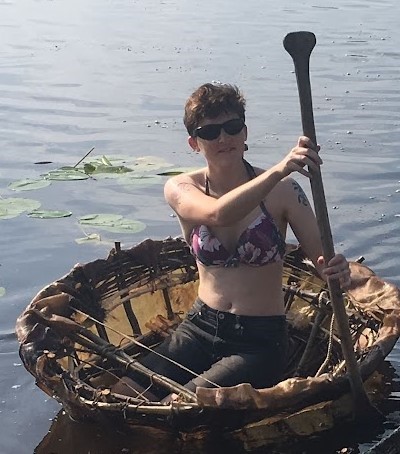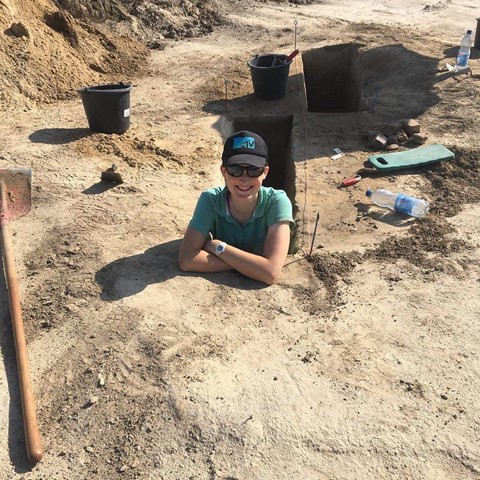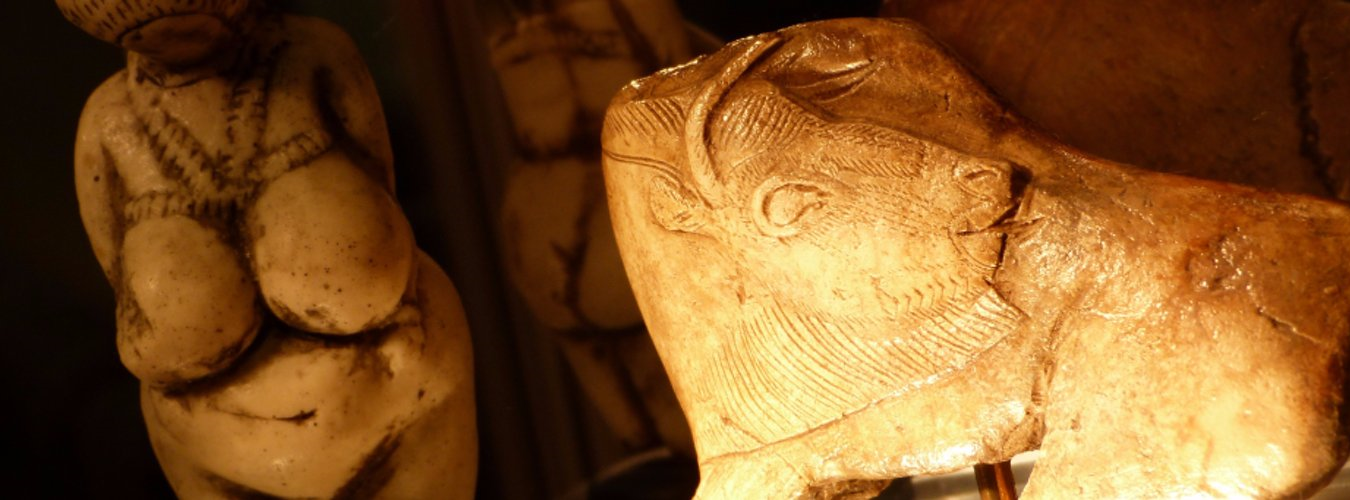India McDermott MA, BA
Postgraduate Researcher (University of Southampton)
im2n15@soton.ac.uk
I was an undergraduate student at the University of Southampton from 2016-2020, on the integrated master’s course in Archaeology. Through this I gravitated rather quickly to CAHO seminars, although I didn’t get involved in my undergrad years. As I always had an interest in prehistory and grew up in France near several famous cave art sites, I focused my undergrad dissertation on cave art (The Art of Social Bonding: Did cave art help construct and maintain social bonds in the French Upper Paleolithic 40,000 – 10,000 BP?). This led to a fascination with symbolic behaviours, particularly in Neanderthals, which then turned into my Masters Dissertation (Symbolic signs as signs of symbolism? The autonomous development of symbolic behaviour in Neanderthals prior to the arrival of AMH in Europe: A study of non-utilitarian objects from the European Middle Paleolithic). Whilst I was writing my masters dissertation, I realized I wanted to continue with this line of research for my PhD. I participated in several ERASMUS archaeology excavations, one in 2018 where I spent a month at the Kierikki Stone Age center in Finland where I also participated in an experimental Archaeology project where I helped build a functional Stone Age coracle (and gained an obsession with building things as a side effect!). My second ERASMUS excavation was in commercial archaeology based in Magdeburg, Germany for a month in 2019.


I returned to the University of Southampton at the end of 2021 to start my PhD, with the research goal of using experimental archaeology to investigate practical methods of transmission of symbolic behaviours by and between Middle Paleolithic Neanderthals, under the supervision of Professor William Davies and Dr Cheryl Metcalf. I aim to use an experimental approach to recreate specific behaviours using volunteers, including mapping out what grip postures and hand movements are used in each behaviour and when. I am very excited to see where this line of inquiry will take me in the future.
Research group(s)
Centre for the Archaeology of Human Origins
